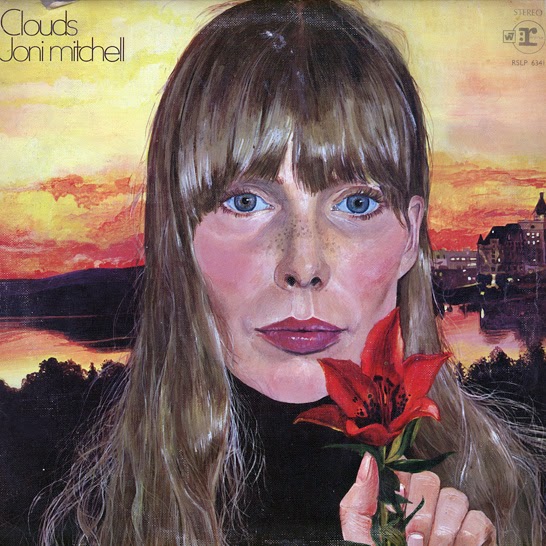Nineteen eighty nine was a big transition year in rock music: Aerosmith released Pump, Mötley Crüe was at their height in glam rock releasing Dr. Feelgood, and Skid Row had one of the year’s biggest hits with 18 to Life. Meanwhile, in a grungy apartment in Seattle, a young Kurt Cobain quietly began his destruction of hair metal by preparing for the release of Nirvana's debut album Bleach.
Somewhere stuck in the middle, was the LA based band The Hangmen. They are often labelled as a hair metal band, but that seems far from an accurate description. They would be way closer to punk rock than metal: perhaps a mix of 25% heavier blues with about 75% Stooges era punk rock. Singer Brad Small cites Iggy Pop and Gun Club as influences, and both artists are clearly represented in their style.
Their debut self-titled album was the sole release with Capitol records who quickly dropped the band following mediocre sales. While they never lived up to Capitol’s expectations of the “next big thing” in rock, this is one hell of an album and I feel that it is a must-have for any punk/hard rock collection.
The Hangmen's lineup for this album was: Bryan Small on guitar and vocals; Billy Catterson on guitars and vocals; Johnny Holiday on bass and vocals; and Lenny Montoya on drums and vocals.
This album was produced by Vic Maile who also produced Motörhead’s Ace of Spades and The Who’s Live at Leeds. While I was scouring the net for interviews with Bryan Small, the same response kept coming up: he was never satisfied with the production and sound of this debut album, although he was happy with the songs. Major label relationships never seemed to work out for The Hangmen and they seemed happier on the independent circuit.
While never gaining huge recognition, The Hangmen have stuck together and are still performing today (well... kind of... Bryan Small is the only original member). There was an eleven year stretch between this debut and the follow up album Metallic I.O.U., but have since released a total of five albums on indie label Acetate Records.
This album has long been out of print, so you may have to do a bit of hunting to track this one down. It's sure worth the effort.





